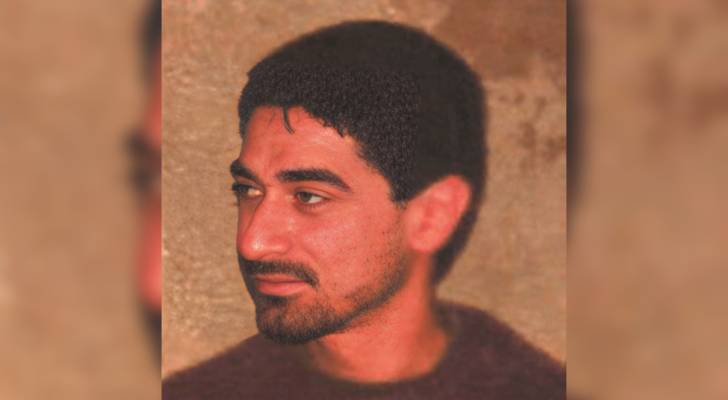Ibrahim Aqil
Hezbollah mourns commander Ibrahim Aqil
Hezbollah officially announced late Friday night the death of commander Ibrahim Aqil, known as Haj Abdel Qader.
In a statement on Telegram, Hezbollah praised Aqil's lifelong dedication to Palestine, saying, "[Palestine] was always in his heart and mind, day and night. It was the love of his soul, and praying in its mosque was his greatest dream."
On Friday evening, the Israeli Occupation Forces (IOF) launched a targeted attack using four missiles on a building in Dahieh, southern Beirut. The strike caused the building to collapse down to the second basement level.
It was later revealed that the strike had targeted a meeting of 20 senior commanders from Hezbollah’s elite Radwan Force.
Aqil was a key military leader within Hezbollah, instrumental in strengthening the group's field operations and intelligence capabilities. He was heavily involved in orchestrating complex military operations against the IOF, both in southern Lebanon and in other regional conflicts.
In the 1980s, Aqil played a central role in Hezbollah’s Islamic Jihad Movement, which claimed responsibility for the 1983 bombings of the US embassy in Beirut, killing 63 people, and the US Marine barracks, where 241 American servicemen lost their lives.
During the same decade, Aqil also oversaw the capture and detention of American and German hostages in Lebanon.
The US Department of State designated Aqil as a Specially Designated Global Terrorist on Sept. 10, 2019, under Executive Order 13224.
Despite his prominence within Hezbollah, Aqil remained a relatively shadowy figure, with limited public information available due to the secretive nature of his military and security roles.




